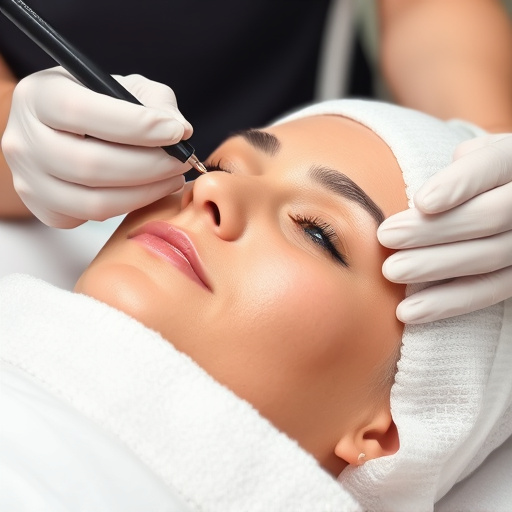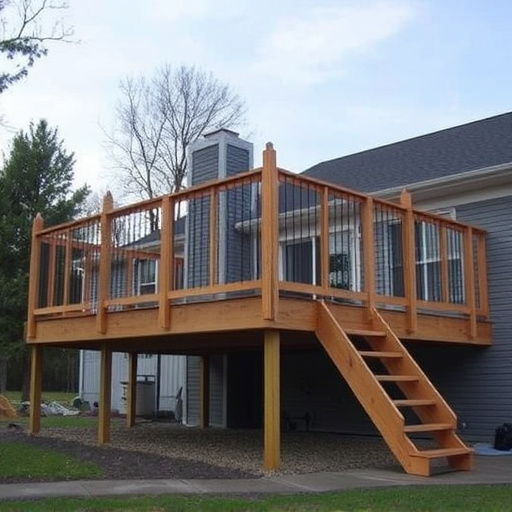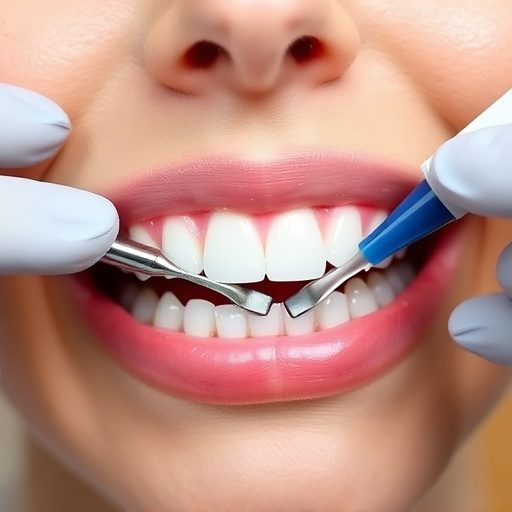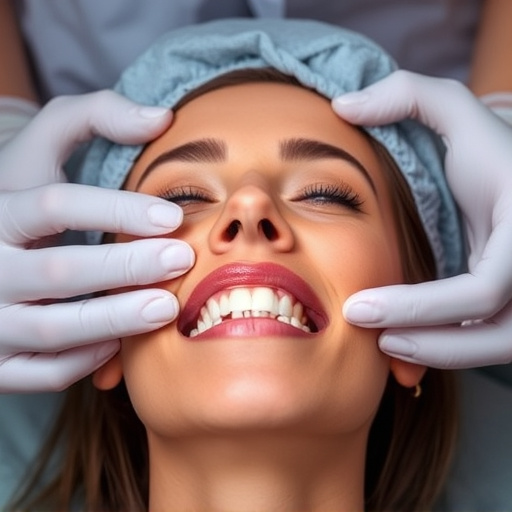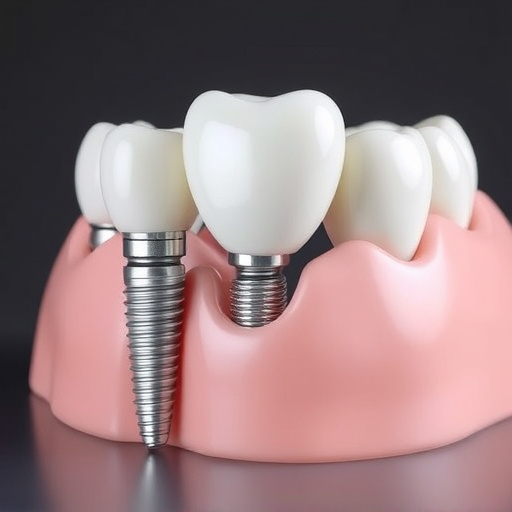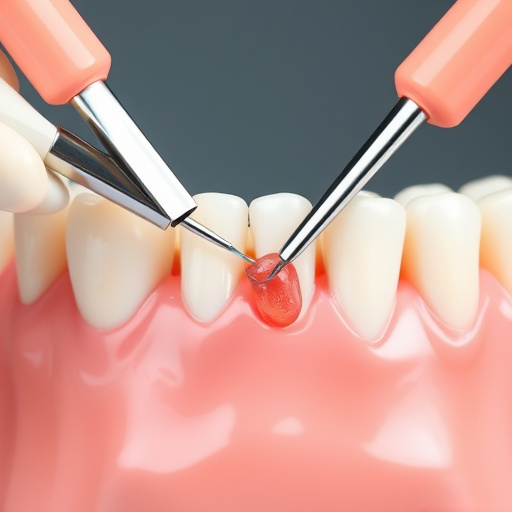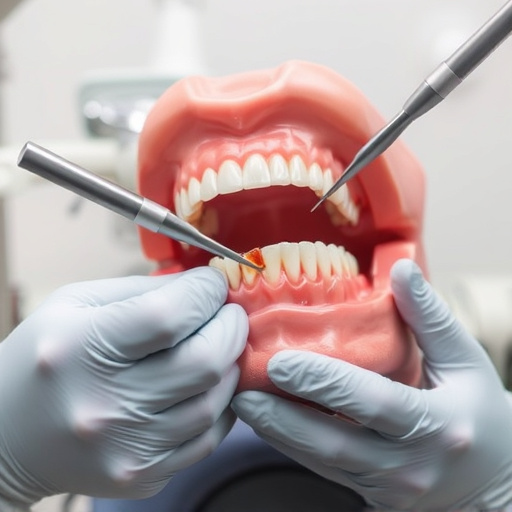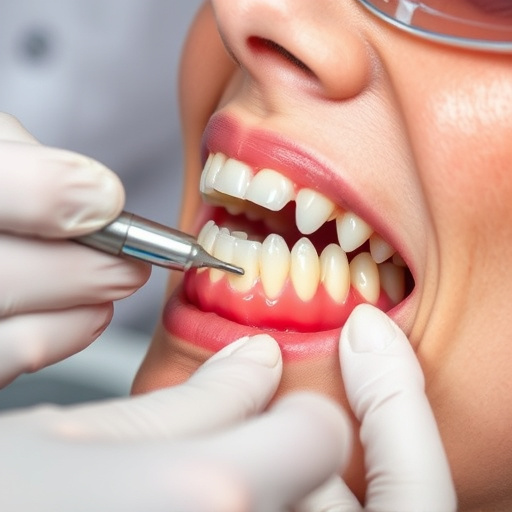In an inclusive society, equal access to healthcare is crucial, including dental care for individuals with disabilities. Handicap accessible dental offices cater to diverse needs, from mobility challenges to sensory sensitivities, creating a comfortable and trustworthy environment that reduces anxiety and promotes positive attitudes towards oral health. These offices offer comprehensive services from routine check-ups to advanced restorative dentistry, ensuring quality dental care for all family members, revolutionizing oral healthcare through inclusive design and specialized treatments.
In today’s inclusive society, ensuring everyone has equal access to essential healthcare services is paramount. Handicap accessible dental offices play a pivotal role in this mission by providing comprehensive family care tailored to patients with disabilities. This article delves into the significance of such practices, exploring their physical adaptations, advanced equipment, and staff training that foster an inclusive environment. We’ll uncover how these offices cater to diverse family needs, offering personalized oral health solutions while promoting education within the community.
- Understanding the Importance of Handicap Accessible Dental Offices
- – The growing need for inclusive dental care
- – Benefits of accessibility for patients with disabilities
Understanding the Importance of Handicap Accessible Dental Offices
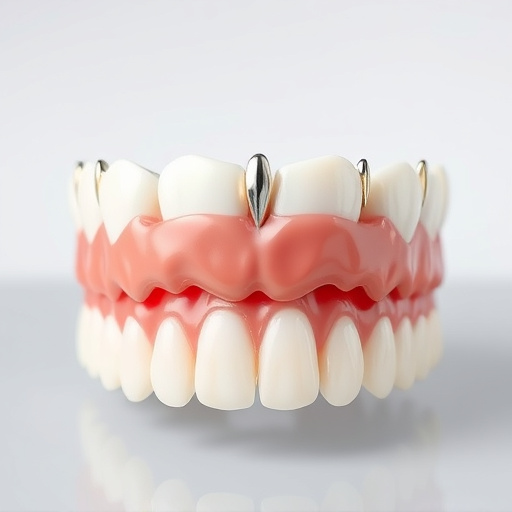
In today’s inclusive society, ensuring everyone has equal access to essential healthcare services is paramount. This concept extends to dental care, making handicap accessible dental offices a vital part of comprehensive family healthcare. These offices cater to patients with diverse needs, from mobility challenges to sensory sensitivities, guaranteeing they receive the same level of quality and comfort as able-bodied individuals.
By providing an environment that accommodates disabilities, handicap accessible dental offices foster trust and reduce anxiety among their patient population. This is especially crucial for children’s dentistry, where early experiences can shape future attitudes towards oral health. Whether addressing routine check-ups, offering specialized care like tooth repair, or performing essential dental fillings, these practices prioritize the overall well-being of every family member, promoting good oral hygiene and healthy smiles for all.
– The growing need for inclusive dental care
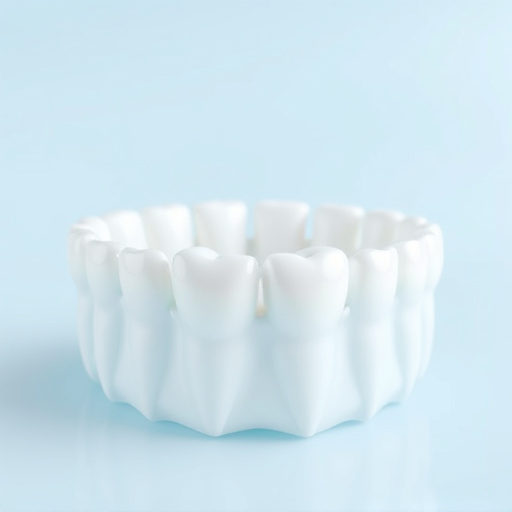
In today’s inclusive society, ensuring equal access to essential healthcare services for all individuals, regardless of their abilities, is more crucial than ever. The need for handicap accessible dental offices that offer comprehensive family care has never been more pressing. Many people with disabilities face unique challenges when accessing traditional dental care, including physical barriers and communication difficulties. This gap in accessibility has led to an increasing demand for facilities designed to cater to these specific needs. By providing a welcoming and accommodating environment, handicap accessible dental practices are revolutionizing oral health care, ensuring that everyone can receive the treatment they need.
With a focus on inclusive design, these offices offer not just physical modifications but also specialized services tailored to diverse patient requirements. From easy-to-use equipment for teeth cleaning to advanced restorative dentistry techniques, such as providing dental fillings, these practices are equipped to handle a wide range of oral health concerns. By embracing this approach, they foster a sense of community and ensure that families with special needs can access quality dental care without facing additional hurdles.
– Benefits of accessibility for patients with disabilities
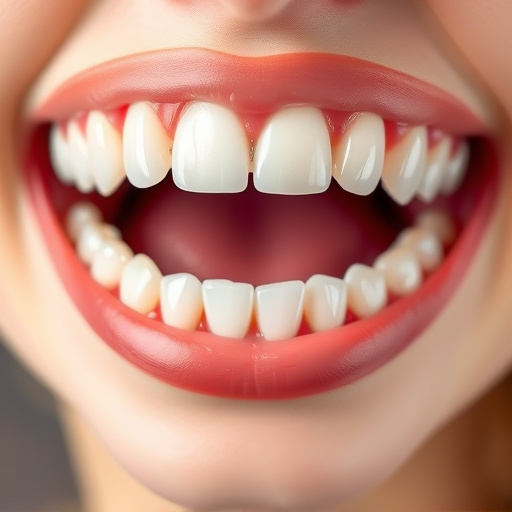
For patients with disabilities, accessing quality dental care can present significant challenges. Handicap accessible dental offices that offer full family care are a game-changer in this regard. By ensuring their facilities are designed to accommodate various needs, these practices promote inclusivity and equal access to oral health services. This is particularly beneficial for individuals using wheelchairs, those with visual or hearing impairments, or patients who have limited mobility.
Such offices often provide specialized services, such as clear aligners tailored to the unique needs of their disabled patients, in addition to offering comprehensive dental care and cosmetic dentistry options. This holistic approach ensures that every member of the family can receive the necessary oral health treatments in a comfortable and welcoming environment, fostering better overall health and well-being.
Handicap accessible dental offices that offer full family care are becoming increasingly vital in meeting the diverse needs of our communities. By removing physical barriers and providing a supportive environment, these practices ensure that patients with disabilities can access essential oral health services alongside their families. This inclusive approach not only promotes equal opportunities for dental care but also fosters a sense of belonging and comfort for all individuals, ultimately enhancing overall well-being.

